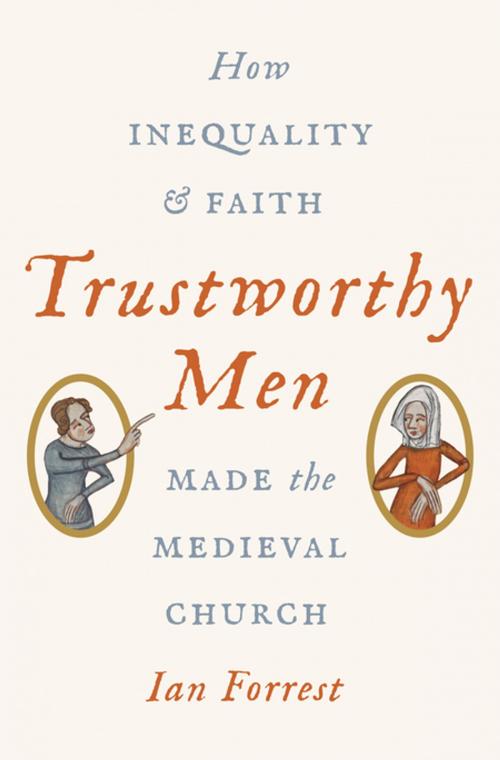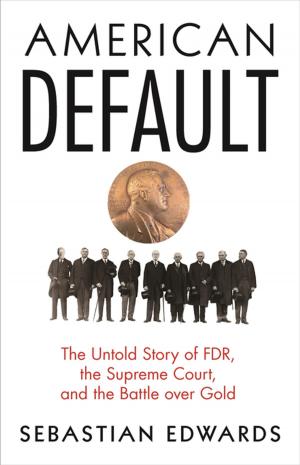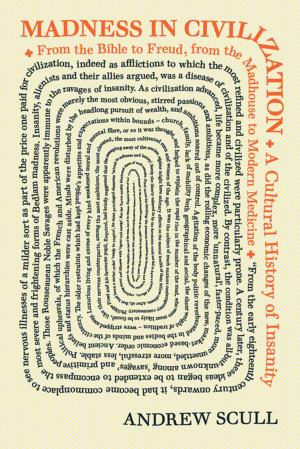Trustworthy Men
How Inequality and Faith Made the Medieval Church
Nonfiction, History, Medieval, Religion & Spirituality, Christianity, Church| Author: | Ian Forrest | ISBN: | 9781400890132 |
| Publisher: | Princeton University Press | Publication: | July 10, 2018 |
| Imprint: | Princeton University Press | Language: | English |
| Author: | Ian Forrest |
| ISBN: | 9781400890132 |
| Publisher: | Princeton University Press |
| Publication: | July 10, 2018 |
| Imprint: | Princeton University Press |
| Language: | English |
The medieval church was founded on and governed by concepts of faith and trust--but not in the way that is popularly assumed. Offering a radical new interpretation of the institutional church and its social consequences in England, Ian Forrest argues that between 1200 and 1500 the ability of bishops to govern depended on the cooperation of local people known as trustworthy men and shows how the combination of inequality and faith helped make the medieval church.
Trustworthy men (in Latin, virifidedigni) were jurors, informants, and witnesses who represented their parishes when bishops needed local knowledge or reliable collaborators. Their importance in church courts, at inquests, and during visitations grew enormously between the thirteenth and fifteenth centuries. The church had to trust these men, and this trust rested on the complex and deep-rooted cultures of faith that underpinned promises and obligations, personal reputation and identity, and belief in God. But trust also had a dark side. For the church to discriminate between the trustworthy and untrustworthy was not to identify the most honest Christians but to find people whose status ensured their word would not be contradicted. This meant men rather than women, and—usually—the wealthier tenants and property holders in each parish.
Trustworthy Men illustrates the ways in which the English church relied on and deepened inequalities within late medieval society, and how trust and faith were manipulated for political ends.
The medieval church was founded on and governed by concepts of faith and trust--but not in the way that is popularly assumed. Offering a radical new interpretation of the institutional church and its social consequences in England, Ian Forrest argues that between 1200 and 1500 the ability of bishops to govern depended on the cooperation of local people known as trustworthy men and shows how the combination of inequality and faith helped make the medieval church.
Trustworthy men (in Latin, virifidedigni) were jurors, informants, and witnesses who represented their parishes when bishops needed local knowledge or reliable collaborators. Their importance in church courts, at inquests, and during visitations grew enormously between the thirteenth and fifteenth centuries. The church had to trust these men, and this trust rested on the complex and deep-rooted cultures of faith that underpinned promises and obligations, personal reputation and identity, and belief in God. But trust also had a dark side. For the church to discriminate between the trustworthy and untrustworthy was not to identify the most honest Christians but to find people whose status ensured their word would not be contradicted. This meant men rather than women, and—usually—the wealthier tenants and property holders in each parish.
Trustworthy Men illustrates the ways in which the English church relied on and deepened inequalities within late medieval society, and how trust and faith were manipulated for political ends.















